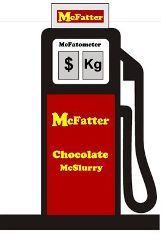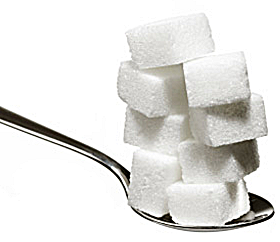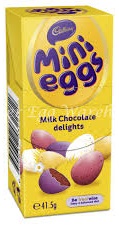|
Strewth! Sugar!
While medical industry and heart charities around the world have had their eyes fixed on fat as the main culprit in the decline in metabolic health status, the sugar industry and it's barking dogs, the soft drink, confectionery, biscuit, cake and breakfast food manufacturers of the world have sneaked through on the inside to claim first place in the poor metabolic health and the fattening-up stakes.
Right now itís sugar thatís increasingly being fixed in the cross hairs of a range of health groups.
When I first wrote this piece, Michael Bloomberg, as Mayor of New York was trying to institute a ban on large soda drinks because of the high sugar content. You can guess how well that went down with overweight Yanks.
The same litre of cola drink purchased from a service station in a 375ml can costs $7.47. The service stations are clawing back the 4 cents a litre discount in a couple of swallows.
And as for the magnitude of the cola addiction problem, my internet search of cola consumption in litres per person, world wide, came up with the following (2008) statistics:
But itís not just cola drinks, itís all flavoured drinks; carbonated beverages in general and flavoured milk drinks and slurries. The fruit juices are also a problem, they too have around 10% sugar and though itís not added sugar, the effect is pretty much the same.
At the moment the beverage companies are running amok without thought to the impact their sugared beverages are having on the metabolic health of their customers. The private interests of the beverage companies are taking precedence over public health. The problem has become so large itís now a public health problem and governments have to do something to regulate this industry. Like the tobacco and gambling industries, the food industry will not change its practices without kicking, screaming and legislation.
My recommendation is that in 10 years time the amount of added sugar in any manufactured beverage must be below 5%. The immediate standard should be a limit of less than 10% added sugar. Each year thereafter the limit will be set at .5% lower, the gradual decline in added sugar going unnoticed by drinkers - until they travel overseas when theyíll be repulsed by the taste of sickly sweet syrups.
The other recommendation is plain packaging and heath warnings, similar to cigarette packets, such is the damage to poor health for which these products are responsible.
In the meantime stay tuned, highly tuned and if youíre thirsty, take my motherís advice and ĎHave a drink of water.' And if you're hungry, 'Eat and apple.'
Regards and best wishes
John Miller Daily Health Break
|




